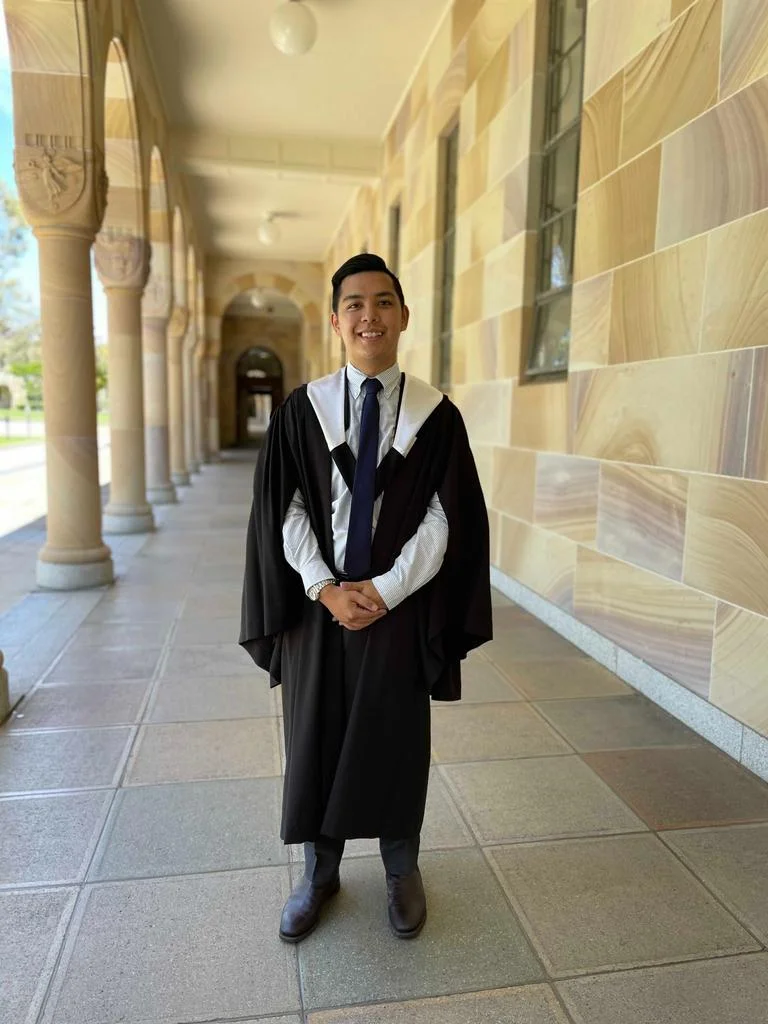Loi Nguyen began his investment journey in 2017 with a few hundred dollars worth of Bitcoin, Ethereum, and traditional equities. By, November 2021, his crypto investments exceeded his whole stock portfolio.

Loi Nguyen, a young Queensland resident during the 2020 bull run played the long game of accumulating Bitcoin (BTC) and Ether (ETH) over several years to eventually overcome the increasing real estate prices and acquire his dream home.
Loi Nguyen, 23, began his investment career in 2017 by purchasing a few hundred dollars worth of Bitcoin, Ethereum, and regular equities. However, while obtaining an Economics degree, his passion for crypto grew to new heights:
“Crypto came back into my life when I did a course at the union inflation. I learned that Bitcoin can be disinflationary.”
Nguyen told news.com.au that traditional banks’ lower interest rates (less than 0.5 percent) would never be enough to assist him to break into the real estate industry. Despite the interim bad market of 2018, the young investor continues to diversify his portfolio into cryptocurrencies by using a dollar-cost averaging (DCA) investment strategy:
“I recognize I took on a lot of risks. I wanted to protect my purchasing power, protect my current savings, make sure my money didn’t dwindle.”

Nguyen’s crypto assets surpassed the value of his stock portfolio as traditional markets collapsed amid the commencement of the COVID-19 epidemic. This was the point at which his investment concentration shifted from traditional markets to cryptocurrencies, with him finally amassing 1 BTC over several months.
Nguyen cashed out his crypto investments in November-December 2021, when Bitcoin reached an all-time high of $69,000, to purchase real estate. The young Australian liquidated less than half of his cryptocurrency holdings, leaving him with roughly $31,400 (43,000 Australian dollars) to show the bank as a downpayment.

Nguyen paid $314,000 (430,000 Australian dollars) for a one-bedroom property in Brisbane, which needed a downpayment of around $62,735 (86,000 Australian dollars). “Crypto made up around half of that,” Nguyen noted.
Nguyen worked full-time as a bank teller for a year after graduating from high school but was paid a low salary of $20,400. He concluded, “I’m doing a lot better now.”
The Cyber Security Industry Advisory Committee, an Australian cybersecurity adviser, recently highlighted several crypto-specific opportunities.
Minimum cybersecurity standards, competence (knowledge through specialized training), the follow-the-lead approach, and operator openness are among the four important areas recommended by the government advisory to “help secure the safe adoption of cryptocurrencies in Australia.”

